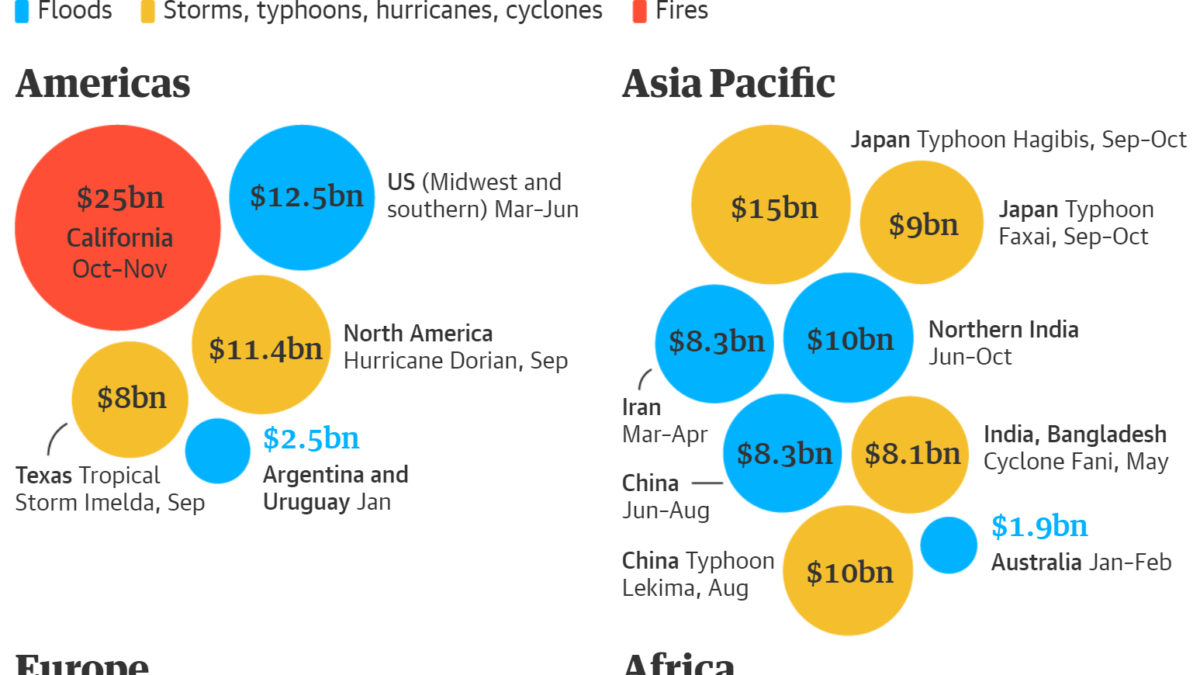Climate change cuts a France’s worth of wheat out of global agriculture, and a Mexico’s worth of maize
By John Timmer
5 May 2011
With all the focus on the potential future impacts of climate change and ocean acidification, it’s possible to lose track of the fact that the CO2 concentrations and temperatures have already risen significantly, and that we might already be seeing the impacts of climate change. In fact, plenty of evidence, from altered growing seasons and changed animal migrations, indicate that climate change is already having an effect on the biosphere. Evidence is now beginning to build that things are hitting us where it hurts. Last year, data was published that indicated commercially important shellfish were already being hurt by ocean acidification. Now, a paper released by Science today indicates that rising temperatures are cutting into agricultural productivity. The authors of the new paper have combined a variety of public databases that track crop locations, productivity, temperature trends, and changes in precipitation. They then focus on four specific crops that, in total, account for about 75 percent of the calories that humans consume: maize, wheat, rice, and soybeans. Since 1980, there haven’t been any statistically significant trends in precipitation. When it comes to temperature, however, the story was very different, with many countries experiencing temperature increases that were a standard deviation or more from the historic norm. That includes just over half of the soybean producing nations, 65 percent of rice and maize growers, and 75 percent of the countries that grow wheat. Notably absent from that list: the US, where the trends in temperature have been very minor. Based on the crop yield models and data obtained by the authors, the effects of these temperature changes were somewhat mixed (the study focused on the 1980-2008 period). Compared to a projection in which the temperatures remained stable, rice productivity dropped in many areas where it’s cultivated, but productivity at higher latitudes offset this, leaving the global impact minimal. The same was true for soybeans. Wheat and maize, however, were very different stories, with temperatures driving a 3.1 percent drop in productivity for maize, and a 4.9 percent drop for wheat. For context, the authors note that this is one Mexico’s worth of maize, and the equivalent to France’s annual wheat crop. “Climate trends were large enough in some countries to offset a significant portion of the increases in average yields that arose from technology, CO2 fertilization, and other factors,” the authors conclude. …
Climate change cuts a France’s worth of wheat out of global agriculture

